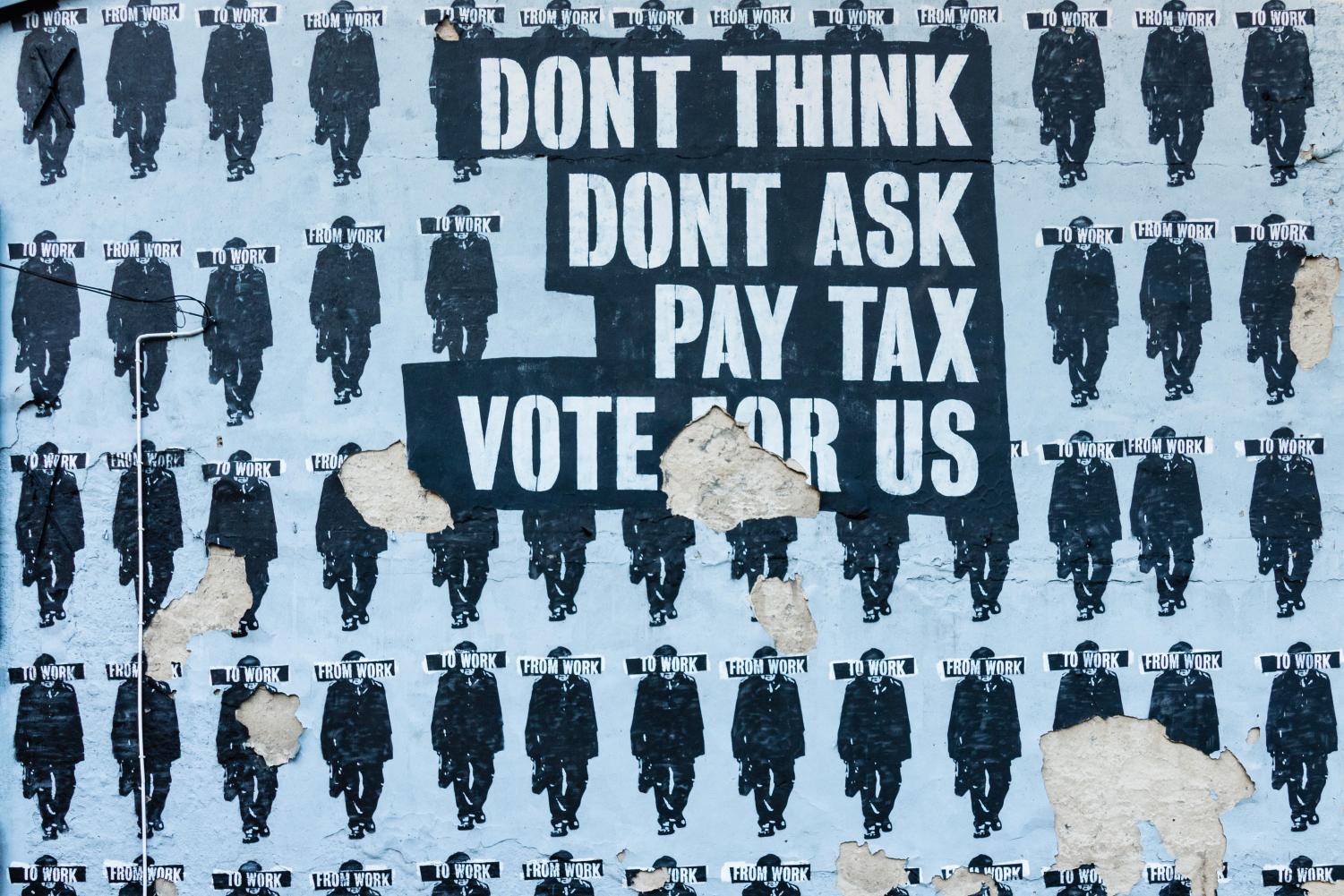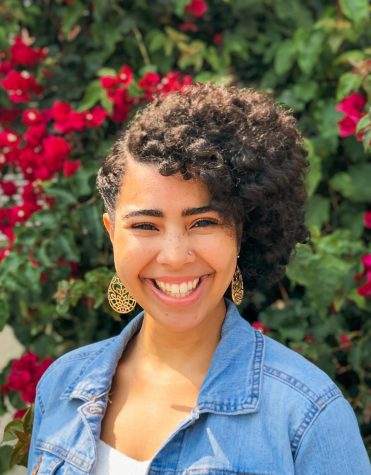It’s not new that America is divided. Of the things that pull us away from each other, politics is among the most hostile dividers. This presidential election has only amplified the political split. Many who want to expand their thinking beyond binary politics feel forced to choose from the two major parties because our political sphere is extremely hyper-partisan. Both sides paint the other as being the sole force that will decapitate our democracy and therefore be the downfall of the United States.
Our fear and hatred for the other side is what our current political climate is built on. Followers of Jesus are called to a higher standard than this, but we have gotten just as caught up in the frenzy as everyone else. If we do not address this toxic environment that partisan politics has developed, our country will continue to suffer as long as we prioritize hate over love.
HOW DID WE GET HERE?
Democrats and Republicans used to be able to get along. According to The Atlantic, for most of America’s history the parties were seen as “too similar.” It was the nationalization of politics that bred dissension. Now, both sides question how “truly American” the other is. Only in recent history has this become the case.
According to FiveThirtyEight, there are three major factors that have contributed to the political polarization seen today: the general increased arrangement of more liberals into urban cities and conservatives into rural areas, the broadening nationalization of politics and the intensifying “narrow margins in national elections.” Both parties used to consist of a mixture of liberal and conservative people, but now these labels are clear signifiers of Democrat and Republican.
Local state and county elections used to hold more weight and importance when it came to voting, but now when election season rolls around, our first thought isn’t “who’s running for city council this year?” More often than not, we think, “who will the president be?” Daniel J. Hopkins, a political science professor at the University of Pennsylvania, suggests that one reason for this could be “the overwhelming media attention on the U.S. presidency.”
CONSEQUENCES OF NEGATIVE PARTISANSHIP
Research has shown that “negative partisanship” —or the idea that people dislike their opponent more than they like their party or candidate—is the driving force behind our polarization. Both sides operate out of the knowledge that the best way to unite diverse groups of people is through hatred for a common enemy. Negative partisanship makes it extremely difficult to speak against your own party and explore beyond the two-party system. Hate for the opposing side is not what should fuel us to vote for a particular candidate, but in this two-party system, that feels like all we can do.
In some cases, negative partisanship cultivates a dangerous mindset. Not only do many dehumanize their opposition, claiming they are from the devil or not fully human, but a concerning amount ponder lethal mass partisanship—the belief that the country would be better if members of the opposing party just died. Approximately 20% of Democrats and 16% of Republicans hold this opinion. These people are more willing to accept and encourage violence towards the other side, their fellow Americans, as acts of righteousness.
When we subscribe wholesale to a party, we lose our sense of justice. Politics becomes more about parties and less about policies when people disregard their own stances for the sake of aligning as Democrat or Republican. Citizens subject each other to slander because they are told the other side does not care about certain issues. As Americans and followers of Jesus we are too focused on political loyalties and hating the other side to divert our attention to actually helping people.
In a partisan society, we must be willing to converse peacefully with one another and listen to each other. We must consider policies over parties once again. No longer can we allow political views to tear families and friends apart. Each side has a conglomeration of values, beliefs and perspectives that are worth the respect and dignity of being heard.
RANKED CHOICE VOTING
One possible solution to satiate the extreme partisanship of this nation is ranked choice voting. Maine is the first state to adopt this system where citizens rank the list of candidates in order of their preference. If a candidate does not receive 50% of the popular vote based on first choices, then the candidate in last place is eliminated from the ballot and citizens’ second choice vote is taken into account until a candidate reaches a majority of total votes.
This system of voting will allow for more third party candidates to be considered, breaking the bi-partisan divide, and open politics to support all perspectives equally.
BRIDGING THE CHASM
In 1 Corinthians 1:10, Paul calls for there to be “no divisions” among us. Although Paul is particularly addressing church division over leaders, the sentiment still applies. Our role is to be peacemakers on Earth, to unite the nations, but we can hardly address other nations if we cannot unite our own.
Political views will always be varied and opposing. But, for the sake of our neighbors, we must come to understand our differences with love, compassion and an open mind. If we do, then no division will matter in the face of such unity.












